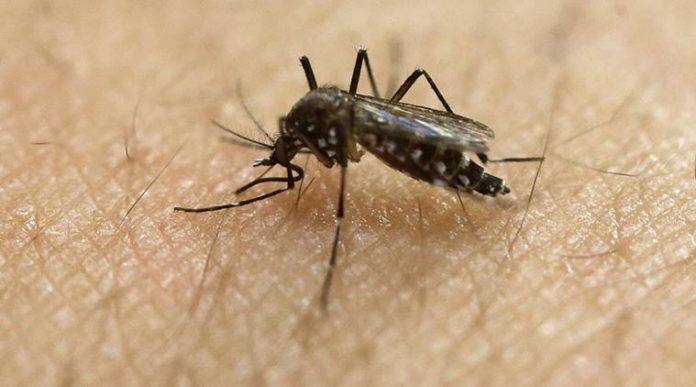Monsoon season is on its peak in the country and with heavy rainfall comes the higher chances of getting ill. The viruses get spread maximum in such weather and thus it is always advised to keep yourself and your surroundings clean. The current threat the state of Mizoram is facing is of Japanese encephalitis. For those who do not know Japanese encephalitis (JE) is a serious mosquito-borne viral infection. It occurs mostly in the rural areas of Asia. JE virus spreads all the way through the bite of an infected mosquito. Though, the virus cannot spread directly from an infected person to another. Encephalitis is a lethal disease that results in inflammation of the brain.
Keeping in mind the threat from the disease and the circumstances it might lead to, the Mizoram government has taken preventive measures to prevent the outbreak of this deadly disease- Japanese encephalitis. “Senior health department officials met here on Monday and decided to take rapid preventive measure across the state,” an official of the health department said.
He said, “As part of the measures, Aizawl Civil hospital was designated as sentinel site hospital. Necessary equipments and trained health workers have been posted in the hospital. Anti-larval spray is being done in and around residential houses along with animal rearing areas.”
Preventive measures for Japanese encephalitis may include –
- Use of insect (mosquito) repellents, bed nets to avoid mosquito bites and other insect bites
- Wearing full-sleeved clothes to reduce mosquito bites and the spread of virus
- Reducing contact to mosquitoes during peak biting hours
- Vaccination – travellers spending general time in JE endemic areas are suggested to get vaccinated
“This is the peak season for JE. Humidity and rise in temperature act as catalysts for the breeding of mosquitoes that are disease-carrying vectors for the JE virus. Rain washes away the breeding grounds during floods. But once floodwaters recede, the environment becomes favourable for spreading of the disease,” said BC Bhagabati, state surveillance officer, IDSP.
“Temperature and rainfall have been reported to be associated with the density of mosquito population and highly related to the occurrence of JE. Floods wash away the breeding grounds of the mosquitoes but JE attacks increase if water remains stagnant,” said a researcher.
Though, so far so there has been no as such report of any Japanese encephalitis case in Mizoram but the deadly disease has already claimed two lives in neighbour state Manipur in the last one week while over 25 people have been hospitalised.












